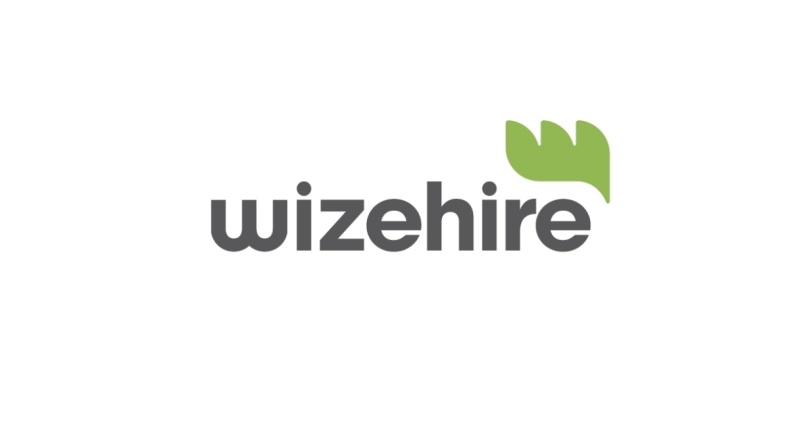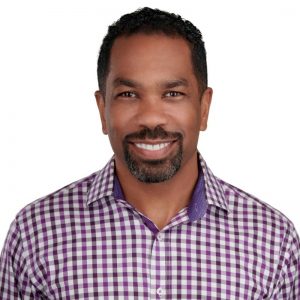During a pitch or the discussion that ensues after the pitch, founders often are asked a question regarding how their product or service is unique. The question can take many forms:
- “What is your USP (unique selling proposition)?” which is an old-school, sales-centric way of asking…
- “Why do customers buy your product instead of the competitor’s product?” which is a customer-centric way of asking…
- “How will your company build a competitive moat to dominate your competition?” which is a modern competition-centric way of asking…
- “How will your company win?”
That last iteration of the question is a company-centric way of generally asking:
How is your product different and why is that differentiation important?

Almost a year ago, I invested in a company called WizeHire, a recruiting services technology platform. The company’s platform provides small businesses an applicant tracking system (ATS) combined with services layer. The industry is extremely competitive with dozens of companies providing applicant tracking systems to employers. So why did Mercury invest in WizeHire?
WizeHire built a strong foundation by analyzing the competitors, learning how their prospective customers solve their hiring needs and identifying a unique approach to create a blue ocean that would enable a sustainable foundation on which to build their business. At Mercury, we call this Unique Insight! When a founder can align their unique understanding and ability of how to satisfy the customer’s problem and wrap that capability into a high-margin business model, it usually results in value creation that makes the company investable!
The WizeHire founders came to understand three key things that led to their ability to build a sustainable foundation through product differentiation:
- They realized that most ATS platforms are just software platforms, and many hiring managers want more than just technology, many want a services layer that will enable them – either “done for me” or “done with me”;
- They identified that companies with fewer than 50 employees usually don’t have dedicated recruiters, they can’t afford recruiting agencies, and most hiring managers are not good at the actual hiring process, especially the process of marketing the position to potential candidates; and
- They learned the traits most hiring managers believed were most critical for success in important roles were not the technical or behavioral traits that would, in fact, determine success.
WizeHire’s co-founders combined these three pieces of information with their expertise in how proper alignment of behavioral competencies and technical skills determine a person’s success in a particular role. So they set out to leverage personality assessments to match candidates to job opportunities, one industry and one job role at a time. They simply used the ATS platform as the technology that both sides would use to manage the process.
Almost six years later, WizeHire is a multi-million dollar business with thousands of clients across 15 industries. Of course I’m biased, but I believe WizeHire built the best ATS platform in the industry and they did it through product differentiation and blue-ocean strategic thinking.
So how can you use product differentiation to build a sustainable foundation?

In a March 2018 article for Gartner, its director of content strategy Ed Cordin explained that “significant improvement in product or service success now demands differentiation ‘from and beyond’ the product.” He went on to say that beyond the product, factors such as a well-defined business model and customer experience are increasingly part of an effective differentiation mix.
A search of best-practices articles will turn up many offering solutions (often product-centric) to help you stand out in a crowded marketplace. Some will be more useful to your specific circumstances than others, of course, but most acknowledge that simply adding, updating/innovating, or otherwise changing product features without considering your customers’ actual needs/pain points isn’t the best route. The common denominator you’ll find in most expert prescriptions is:
Make your user and customer experience exceptional and then listen closely to what your customers have to say so you can respond quickly and continually improve.
So, as we’ve said often here in StartupHeat, walk the customer journey. To win as a founder you must truly understand:
- Your Customer – Learn what they really need, not just the surface layer of what they say they need.
- Your Competition – What doesn’t the competition understand about the customer’s needs.
- Systems Thinking – How can you identify a unique, compelling way to deliver the customer promise?
Next time on StartupHeat, I’ll discuss one of the many founder’s dilemmas: if and when you should bring in a professional CEO. Until then, stay curious, focus on the signal, and make mindful decisions on your journey to success!



